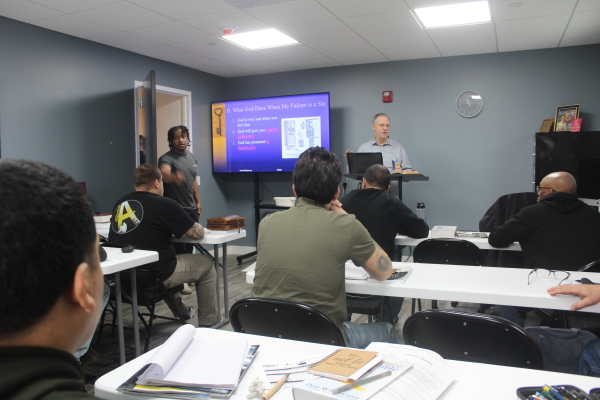Stem Cell Advance in Cloned Monkey Embryos Renews Human Cloning Debate
A report by scientists Wednesday claiming that they have successfully cloned monkey embryos and extracted stem cells from them has religious bioethics groups concerned over impending human cloning.
Shoukhrat Mitalipov, who led a team of research scientists at Oregon Health and Science University in Beaverton, said they used skin cells from a 9-year-old adult male rhesus macaque monkey to create cloned embryos, and then extracted stem cells from the embryo clones.
Mice are the only other group of animals from which cloned embryonic stem cells have been created and now researchers are now saying the technique should work in humans.
"We hope the technology will be useful for other labs that are working on human eggs and human cells," said Mitalipov in a New York Times report. "I am quite sure it will work in humans."
The group's research was published online Wednesday in the scientific journal Nature and will also be featured alongside a peer-review by an Australian team in the Nov. 22 hardcopy issue.
The report has prompted religious bioethics groups to raise concerns over the method's application to therapeutic cloning in humans.
Many religious and pro-life groups oppose human cloning and the destruction of human embryos to extract stem cells, viewing them as unethical scientific practices.
Father Thomas Berg, executive director of the Westchester Institute for Ethics and the Human Person, a Catholic ethics think tank, said the pursuit of applying the cloning technique to humans "would be one of humanity's darkest endeavors."
He said in a statement Wednesday that while the breakthrough can help to uncover ethical alternatives in stem cell research that do not damage or destroy human embryos, there is extensive "basic biological research that needs to be done before embryonic stem cells are ever going to lead to cures."
"That biology can be done perfectly well in monkeys," argued Berg, who has discussed the topics with Mitalipov. "The supposed urgency to press on to human cloning is unfounded."
"I certainly think that this represents a new threshold in the entire discussion," said the Rev. Tad Pacholczyk, director of education at the National Catholic Bioethics Center, according to the New York Times. "At this point, it becomes essential to ask a question as a society: Are there ever going to be circumstances where it is morally justifiable to clone human beings?"
The method in question which was used by Mitalipov's team to create the monkey embryos is called classic somatic cell nuclear transfer. During the process, scientists take the nucleus from an adult cell to replace the nucleus of the egg.
If that technique is successful with humans, scientists say, embryonic stem cells could be used to grow tissue or even organ transplants that are genetically compatible to the patient's immune system, according to Reuters.
In 2004, the scientific community thought cloned embryonic stem cells had been created from humans. But the claims by South Korean researcher Hwang Woo-Suk later turned out to be false.
Drawing lessons from the incident, the journal required the data from Mitalipov's research to be peer-reviewed before publishing it. The team's findings were first presented at a scientific meeting in Australia in the summer.






















